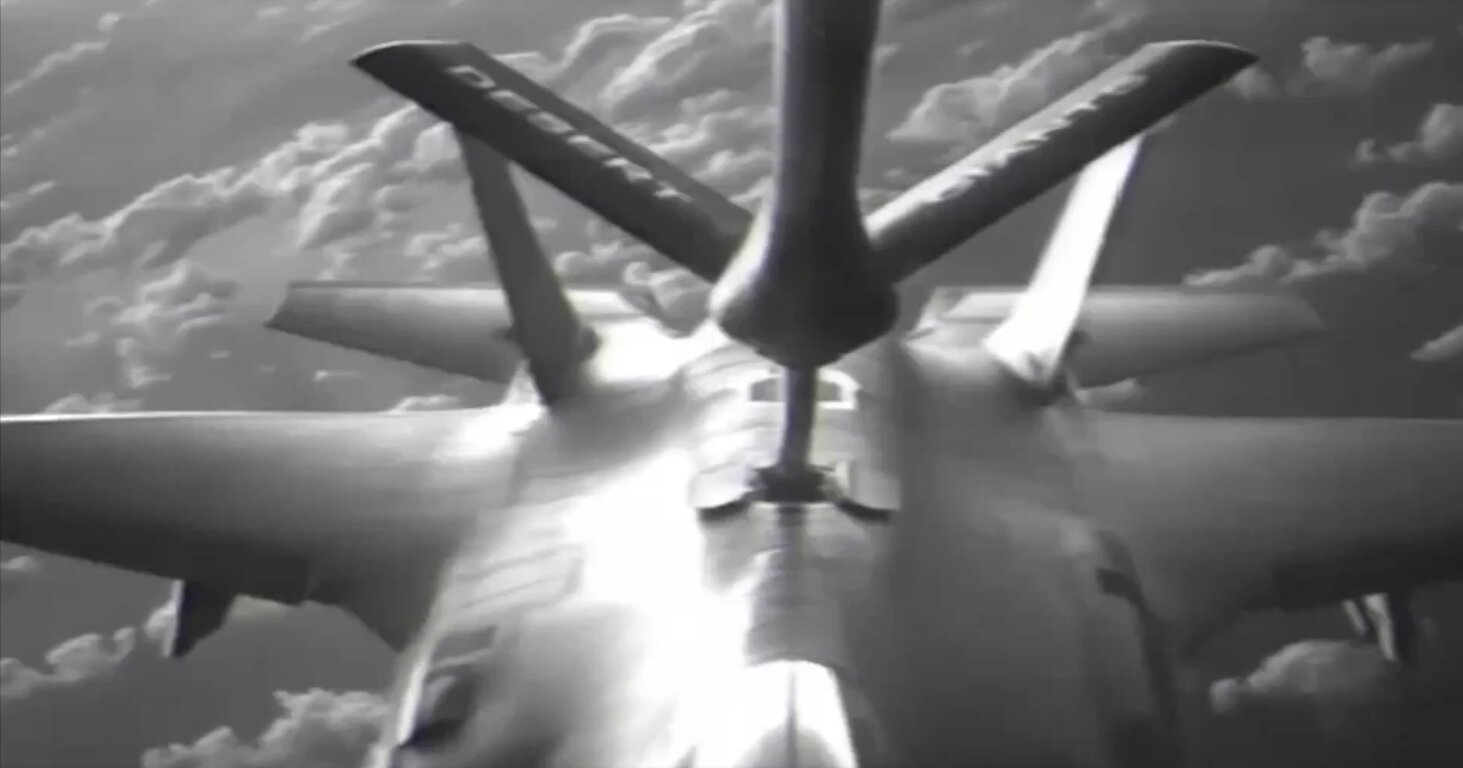On Sunday, the IAF carried out targeted strikes on Hezbollah targets in Lebanon to foil a significant attack, according to Israeli authorities. Beginning at 5 am, these airstrikes were part of a larger military operation to counter Hezbollah’s increasing danger along the northern border.
The IDF has shared a video highlighting their recent operation in Lebanon. According to the IDF, their objective was to take down the terrorist infrastructure of Hezbollah that posed a threat to Israeli citizens and their residences.
In a subsequent meeting with his cabinet members, Israeli Prime Minister Benjamin Netanyahu issued a cautionary statement regarding the ongoing military operation. He emphasized the significant impact of their strikes against Hezbollah and stressed that this was another critical measure towards improving the situation in the northern region and ensuring the safe return of residents to their homes. However, he also reiterated that this was not yet the conclusive outcome.
WATCH how the IAF acted precisely today to stop a large-scale terrorist attack from Hezbollah.
Our operation in Lebanon targeted the terrorist infrastructure Hezbollah planned to use against us, protecting Israeli families and homes. pic.twitter.com/2J3sqAnFWB
— Israel Defense Forces (@IDF) August 25, 2024
During the operation, Netanyahu pointed out that the military had effectively eliminated numerous short-range rockets. These weapons were specifically aimed at causing harm to civilians and forces in the Galilee region of Israel. Furthermore, he affirmed that all drones launched by Hezbollah towards a strategic location in central Israel had been successfully intercepted by the IDF. Israeli media sources have identified this target as the headquarters of Mossad, the country’s spy agency.
More than 100 Israeli fighter jets were involved in the preemptive attack, aiming at numerous Hezbollah missile launch sites throughout southern Lebanon. According to Israeli authorities, the airstrikes were carried out based on detailed intelligence that pointed to an imminent large-scale missile onslaught from Hezbollah directed towards northern Israel. Additionally, key intelligence centers were at risk of being attacked by drones.
Following the strikes, Israel declared a 48-hour state of emergency and temporarily closed down its primary airport, resulting in the cancellation of numerous flights. Despite Hezbollah responding with over 300 projectiles fired into Israel, the impact was minimal. According to Israeli officials, one soldier died from falling debris, while three deaths were reported in Lebanon.
Continued diplomatic endeavors were made to reduce tensions in the overall conflict within the region. Negotiations, held in Cairo, focused on achieving a cease-fire agreement between Israel and the Palestinian group Hamas in Gaza, progressed as intended. Nevertheless, obstacles emerged during the discussions as Hamas accused Israel of imposing additional terms and prolonging the negotiations for a cease-fire.
